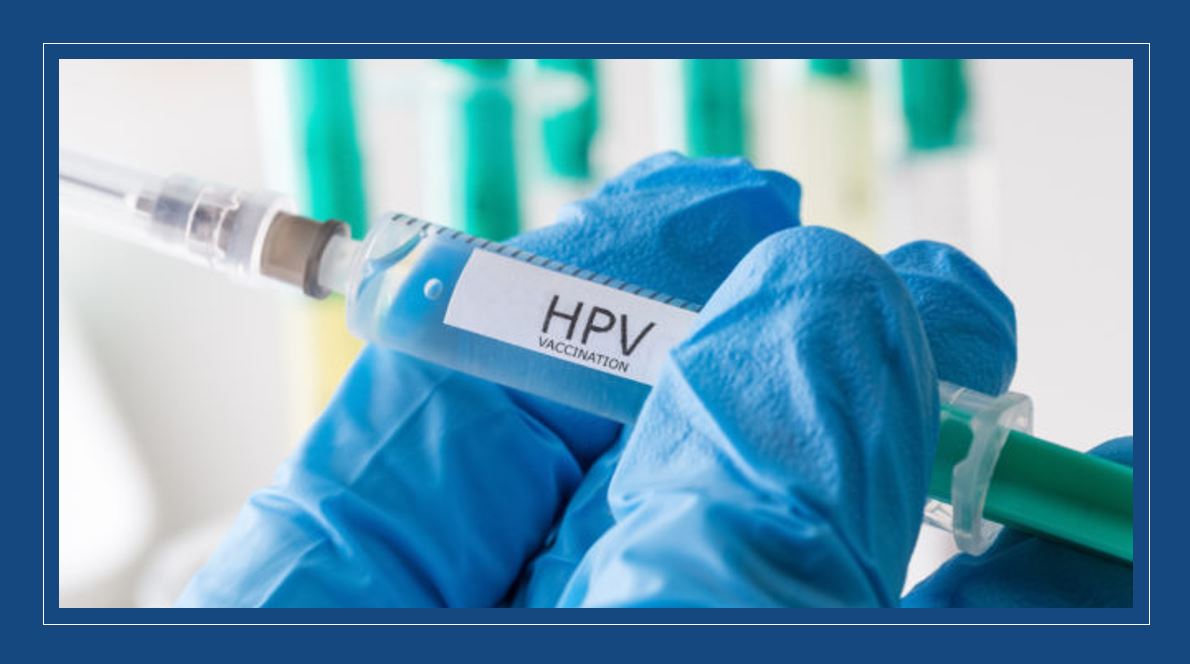Medical
Human papillomaviruses (HPV) linked to prostate cancer

Medical News: Human papilloma viruses (HPVs) – a common group of viruses known to cause cervical cancers – may also have a causal role in prostate cancer, according to a literature review published in the open access journal Infectious Agents and Cancer, supporting the case for universal HPV vaccination.
James Lawson and Wendy Glenn, at the University of New South Wales, Australia reviewed results from 26 previous studies on HPVs and their links to prostate cancer. They assessed the existing evidence using a common set of nine causal criteria, including the strength and consistency with which HPVs were associated with prostate cancers and whether HPVs were detected in prostate tissues that later went on to develop cancer.
James Lawson said “Although HPVs are only one of many pathogens that have been identified in prostate cancer, they are the only infectious pathogen we can vaccinate against, which makes it important to assess the evidence of a possible causal role of HPVs in prostate cancer.”
The authors found that the high risk HPV types 16 and 18, which cause the majority of cervical cancers, have been identified in normal, benign and malignant prostate tissues. In several case control studies, the prevalence of high risk HPV DNA, which indicates the presence of cancer-causing types, was significantly higher in prostate cancers compared to normal and benign prostate controls. More specifically, recent studies found that 231 of 1071 prostate cancers (21.6%) were HPV positive, whereas only 74 of 1,103 benign prostate controls (6.7%) were HPV positive.
Wendy Glenn said “Across several studies conducted in a wide range of countries and using different methods to identify HPVs, we found reasonably consistent evidence that high risk HPVs are significantly more prevalent in prostate cancers than in normal prostate tissues and benign prostate tissues. Previous studies have also shown that high risk HPVs were present in benign prostate tissues that up to ten years later developed HPV positive prostate cancer of the same HPV type.”
The authors also found that in countries where mortality from cervical cancer was high, mortality from prostate cancer was also high, whereas in countries where mortality from cervical cancer was low, mortality from prostate cancer was also low.
James Lawson said “As high risk HPV infections are associated with the majority of cervical cancers and the most frequent means of HPV transmission is probably by sexual activity, the data may indicate that HPV infection may be transmitted during sexual activity and play causal role in prostate cancer, as well as cervical cancer.”
The authors suggest that the evidence for a causal role of HPVs in prostate cancer is sufficiently sound to encourage universal vaccination against HPV infections.
James Lawson said “Many people assume that HPV infections mainly lead to cancers in women. This is not the case. HPVs are a common cause of cancers in men. These are mainly genital cancers of the anus and penis but also include cancers of the mouth, tongue and throat. It is therefore plausible that HPVs may also play a role in prostate cancer and that HPV vaccination may help prevent prostate cancer development.”
The authors caution that the exact mechanisms for how HPV infection may lead to prostate cancer formation are not clear and studies exposing normal prostate cells to HPVs are needed to investigate these mechanisms. The evidence reviewed by the authors suggests that possible mechanisms may include an indirect role of HPVs in cancer formation by inhibiting the protective function of specific enzymes against virus infections. HPVs may also collaborate with other pathogens in prostate oncogenesis or play a role in inflammation of the prostate, which may lead to benign prostate enlargement and later prostate cancer.
News & Trends - MedTech & Diagnostics

Roche Diagnostics MD bids farewell after two-decades, leading the organisation to new heights of success
Diagnostics & MedTech News: The Managing Director of Roche Diagnostics Australia, Allison Rossiter, has announced her resignation, effective September 2024. […]
MoreNews & Trends - Pharmaceuticals

Is Australia ready to play a leading role in precision nuclear medicines?
Pharma News: A newly released discussion paper unveils Australia’s preparedness to take the helm in the rise of the global […]
MoreNews & Trends - MedTech & Diagnostics

Minimally invasive procedure a first in epilepsy treatment
MedTech & Diagnostics News: An Australian-first procedure utilising MRI-guided, minimally invasive surgery has been introduced for the treatment of epilepsy […]
MoreNews & Trends - Pharmaceuticals

Stakeholders unite in international call to tackle breast cancer gaps and inequities
Pharma News: Breast Cancer Network Australia (BCNA) has united in an international call to raise breast cancer care standards and […]
More